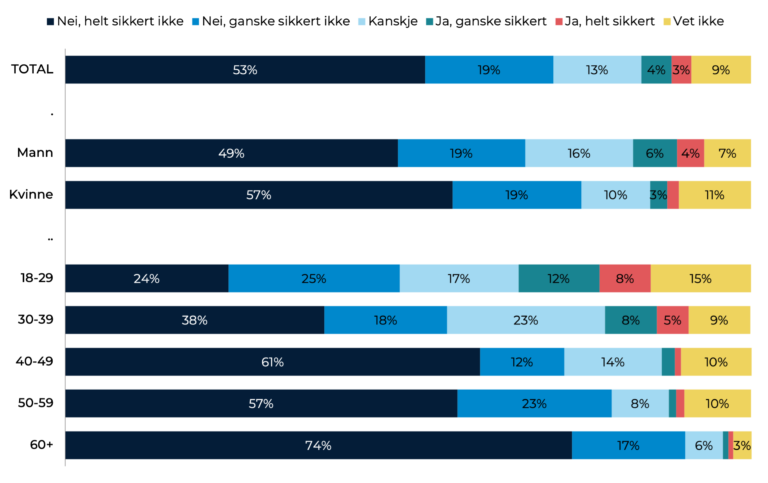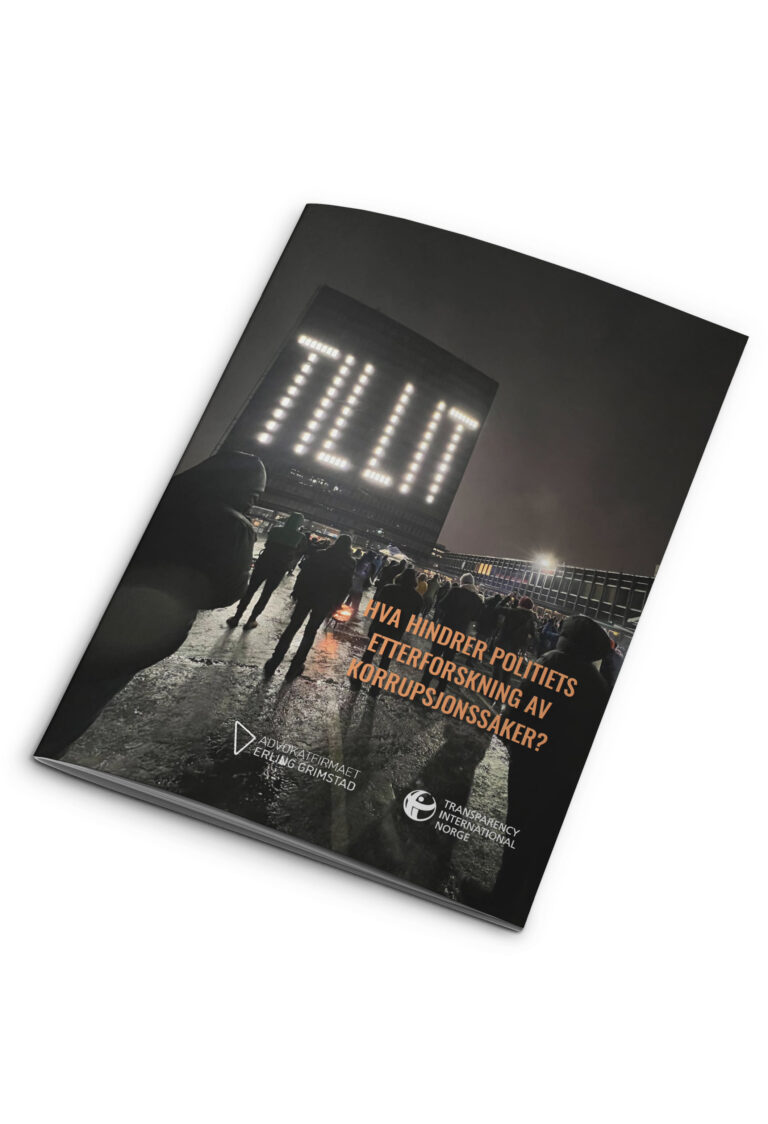Notification rules changing
Whistleblower rules changing When this is written in February 2024, the Ministry of Justice is implementing the directive on the protection of persons who report breaches of EU legislation. In December 2023, the Supreme Court issued a judgment dealing with the concept of notification. Both parts are of great importance to employers and to whistleblowers. The background for the current rules on notification in the Working Environment Act...












